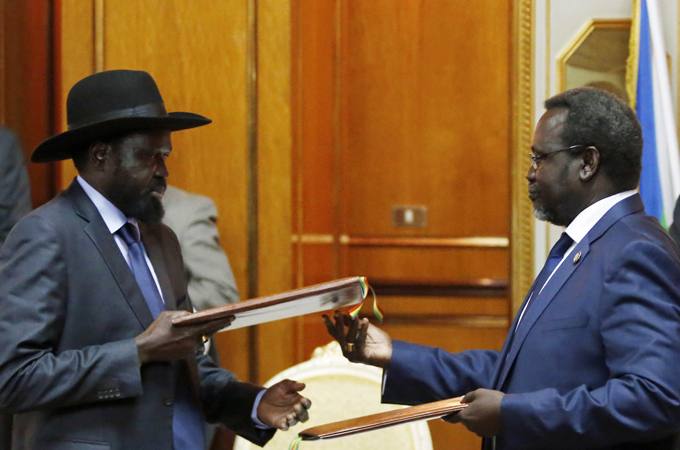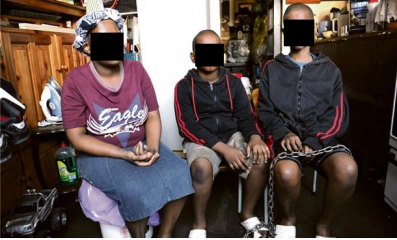By Kathryn Maureen Ryan
Impunity Watch Managing Editor
SRI JAYAWARDENEPURA KOTTE, Sri Lanka – On Wednesday the government of Sri Lanka once again rejected a policy devolving police powers to the nation’s providence as requested by India’s new government led by Prime Minister Narendra Modi and required by the Sri Lankan Constitution as a means of easing tensions with the state’s Tamil minority.
Sri Lanka reached an agreement with the Indian government in 1987 to devolve powers, including power over policing and land, to regional governments as a means to improve relations between the Tamil minority and Sinhalese majority in Sri Lanka. “Police power is important for provinces to maintain law and order,” Primus Siraiva, a northern Provincial Councillor, said. “Otherwise, there could be lawlessness in provinces and the Provincial Council won’t be able to control it.”
Sri Lankan External Affairs Minister G.L Peiris told Parliament that President Mahinda Rajapaksa did not have an in depth discussion on constitutional issues during his meetings Modi. Last week during a meeting between Modi and Rajapaksa, the Indian prime minister stressed the need for the complete implementation of the 13th amendment of the Sri Lankan constipation which was intended to grant more political recognition to the Tamil people, even recognizing Tamil as an official state language.
The Sri Lankan government design to keep policing powers out of the hands of local authorities, including the Tamil minority, is a sign that tensions between the government and Tamil population remain high five years after the end of the Sri Lankan Civil War which ended in 2009.
The Sri Lankan Civil war, which raged on for more than a quarter century left more than 100,000 people dead and thousands more, mainly front the minority Tamil population in the North, are still missing. During the Civil war Tamil rebels fought for a homeland in the country’s northern region. Ethnic Tamils have faced discrimination in Sri Lanka for decades; while many Tamils are indigenous to the island many more were brought to the island by British Colonists to work on tea farms and were seen by members of the Sinhalese population as foreigners who had taken Sinhalese land.
Last month President Rajapaksa, who is under international pressure to investigate war crimes in the battle after the United Nations approved an international probe into the war crimes allegedly committed by both Sri Lankan state forces and members of the Tamil Tigers during the conflict. Members of Minority ethnic Tamils said they had been banned from commemorating the deaths of their relatives five years ago in the final battle of the war with Sri Lanka’s military, a charge denied by the army.
For more information please see:
Al Jazeera – Sri Lanka Says No to Devolution of Powers – 5 June 2014
Reuters – Sri Lanka Again Rejects Devolving Police Powers to Ease Tension With Tamils – 4 June 2014
Reuters – Tamils Say Barred From Commemorating War Dead, Sri Lanka Denies – 18 May 2014
BBC News – Sri Lanka Blocks Tamil Memorials amid War Parade – 18 May 2014
Government of Sri Lanka – Thirtieth Amendment to the Constitution of the Democratic Socialist Republic of Sri Lanka – 14 November 1987



